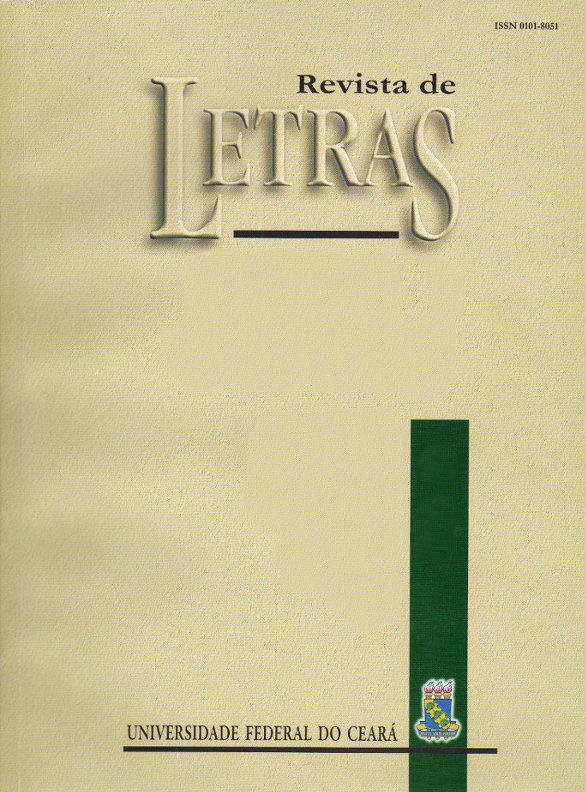LANGUAGE, SUBJECT AND (DIS)IDENTIFICATIONS IN (DIS)COURSE:
THE TEACHING AND LEARNING OF ENGLISH LANGUAGE-CULTURE IN THE MODULAR TEACHING ORGANIZATION SYSTEM (SOME)
Abstract
This research seeks to investigate the words of riverside students about the teaching-learning of English Language-Culture, considering the (dis)identifications of such subjects, thinking of them as constituents of/in their subjectivities and ways of life among forests and rivers located in the surroundings of the city of Cametá-PA, in order to track the emerging meaning effects. Therefore, this investigation focuses on the representations of riverside students in the context of High School (SOME), with regard to English Language-Culture. The theoretical-methodological path was through Discourse Studies considering the contributions of Foucault (1996), Coracini (2007, 2016), Orlandi (1999) and Lopes (2018, 2020); regarding the concept of identity, we started from the theoretical assumptions of Bauman (2013) and Hall (2005). In the meantime, aiming to analyze the data, an interview was carried out with riverside students from the town of Mutuacá de Baixo, Cametá/PA, who study in the SOME Modality. In the analyzes carried out, riverside subjects reveal that their (dis)identifications influence the English Language-Culture teaching-learning process for riverside people, with such instances being responsible for creating resistance in students in relation to their learning.
Downloads
Downloads
Published
How to Cite
Issue
Section
License
Copyright (c) 2024 Lucas Lopes, Éderson Silveira, Geciel Ranieri Furtado

This work is licensed under a Creative Commons Attribution 4.0 International License.
Autores que publicam nesta revista concordam com os seguintes termos:- Autores mantêm os direitos autorais e concedem à revista o direito de primeira publicação, com o trabalho simultaneamente licenciado sob a Licença Creative Commons Attribution que permite o compartilhamento do trabalho com reconhecimento da autoria e publicação inicial nesta revista.
- Autores têm autorização para assumir contratos adicionais separadamente, para distribuição não-exclusiva da versão do trabalho publicada nesta revista (ex.: publicar em repositório institucional ou como capítulo de livro), com reconhecimento de autoria e publicação inicial nesta revista.
- Autores têm permissão e são estimulados a publicar e distribuir seu trabalho online (ex.: em repositórios institucionais ou na sua página pessoal) a qualquer ponto antes ou durante o processo editorial, já que isso pode gerar alterações produtivas, bem como aumentar o impacto e a citação do trabalho publicado (Veja O Efeito do Acesso Livre).

.png)





.png)
